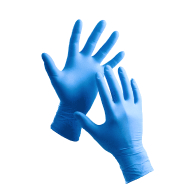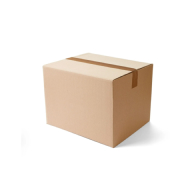Natureline Wood Fibre Teaspoon
5.0 / 5
Natureline
visit storeProduct description
Natureline Cutlery reusable wood fibre spoon in bulk packs of 70 pieces. Sold per pallet/product, however, the minimum order for Natureline cutlery is 4 pallets in total.
Nature Line reusable spoons are made from renewable and sustainable wood-based biocomposite, offering a responsible alternative to current fossil or bio-based disposable cutlery. The cutlery is made entirely from wood-based renewable raw materials, using residues from existing pulp production = 0% virgin materials required.
The material does not cause deforestation and does not compete with the food chain/production like many other bio-based materials, which is completely unique in the world.
The reusable spoon offers a unique product experience. The product is stronger and more durable than disposable cutlery, with a guaranteed heat resistance of over 100 degrees Celsius and is suitable for machine dishwashing. Functional, strong and durable, soft mouth feel with no residual taste, no flavour spoilage (unlike wood and bamboo alternatives).
The product has a lower ecological footprint than any other bio-based cutlery, with a carbon footprint (CO2) reduction of up to 90%, and a CO2 footprint of 0% after incineration of the raw material.
Cutlery can be recycled with other plastic materials and at the end of its life cycle, cutlery is a renewable energy resource.
EN 1230-1
EN 1230-2
DIN EN 13130-1
EN12875-1
- Food Service
Request a free sample
Test first and buy later. Visit any product page to request your free sample.
Standards and labels
Natureline delivery terms
Free delivery for all Natureline products
36,49 €
Price per 10 packages (1 000 pcs)
0,036 € / piece
Free delivery
A carton contains 10 packages (1 000 pieces)
Need larger quantities?
Other products you may like
Recently viewed
Other products you may like
Similar products you may like
Autonomous sourcing platform
The most efficient way to source and order supplies for your operations



